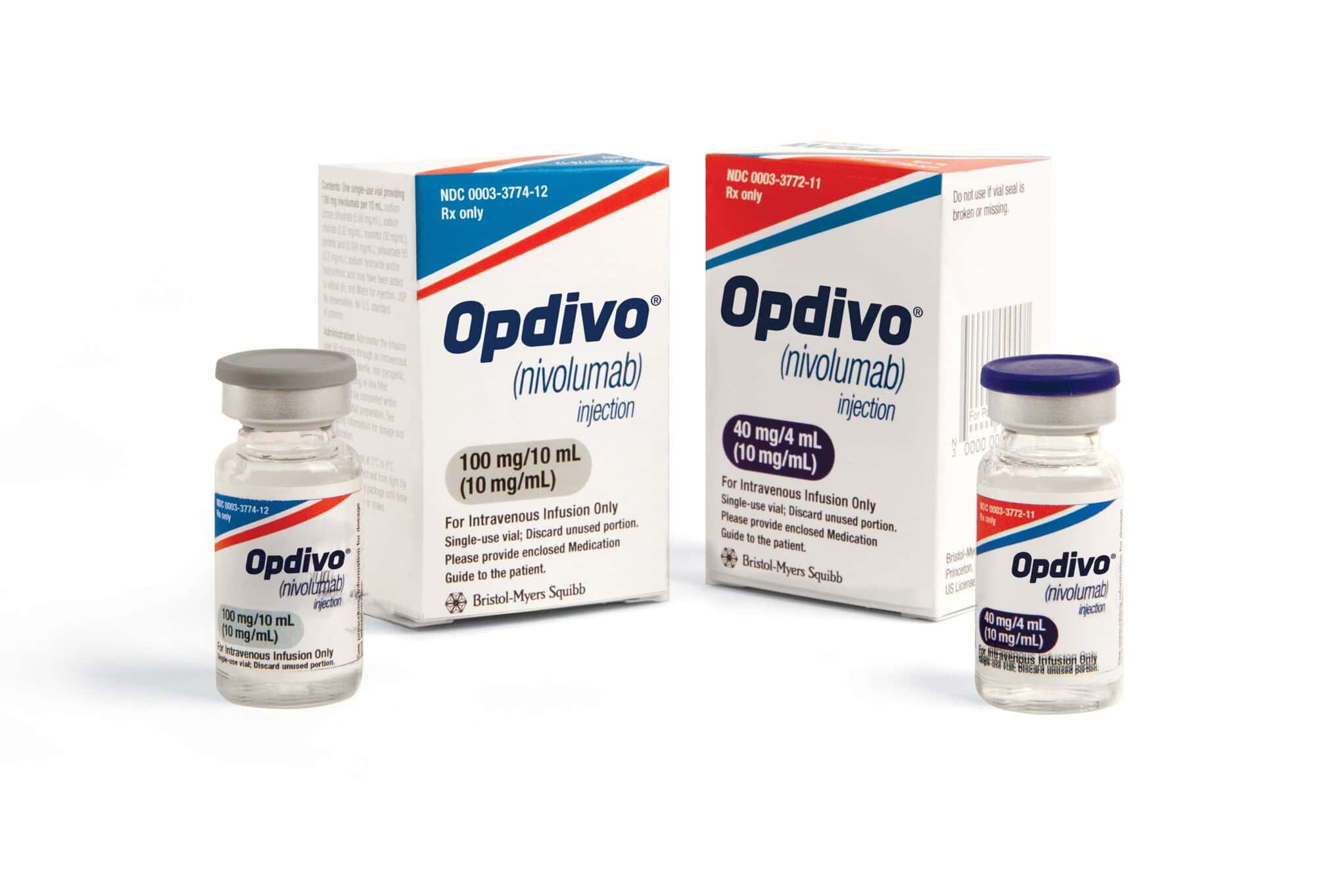
Hot on the heels of Bristol-Myers Squibb announcing positive data for its Opdivo/Yervoy combo in non-small cell cancer, AstraZeneca has also unveiled its own phase 3 results in the competitive therapy area.
The phase 3 POSEIDON study evaluated Imfinzi (durvalumab) and tremelimumab, an anti-CTLA4 antibody, in addition to chemotherapy, for previously-untreated metastatic NSCLC.
AZ reported that the Imfinzi combo met the primary endpoint, as it demonstrated a statistically significant improvement in the final progression-free survival (PFS) analysis. This improvement was in comparison to chemotherapy alone.
According to AZ, the safety and tolerability of the Imfinzi triple combo was consistent with its known safety profile, with a similar profile to the Imfinzi and chemotherapy combination. It did not result in increased discontinuation of therapy.
 “The POSEIDON trial provides evidence of the efficacy of Imfinzi in patients with Stage IV non-small cell lung cancer. Clinical benefit was observed in a trial population that included a high proportion of patients with squamous disease and multiple choices of chemotherapy regimens,” said José Baselga (pictured right), executive vice president, oncology R&D at AZ.
“The POSEIDON trial provides evidence of the efficacy of Imfinzi in patients with Stage IV non-small cell lung cancer. Clinical benefit was observed in a trial population that included a high proportion of patients with squamous disease and multiple choices of chemotherapy regimens,” said José Baselga (pictured right), executive vice president, oncology R&D at AZ.
“Additionally, the potential to add tremelimumab to Imfinzi and chemotherapy may present an important treatment approach in this challenging setting, especially taking into consideration the favourable safety profile,” he added.
The trial will continue to assess the second primary endpoint of overall survival, which is due to read-out in 2020. AZ plans to present the results at an upcoming medical meeting, and will share the data with health regulatory authorities.
It will be a tight race to market with BMS’ Opdivo/Yervoy combo, which has also demonstrated improvement in overall survival  when compared to treatment with chemotherapy alone.
when compared to treatment with chemotherapy alone.
However, it may prove difficult for both AZ and BMS to capture much market space from Merck’s dominant PD-1 inhibitor Keytruda, which boasts superiority over chemotherapy as a monotherapy.
Oncologists already widely prescribe the Keytruda regimen for this type of lung cancer, so it will be difficult to convince them to make the switch.
Both AZ and BMS will have to unveil compelling full data sets for their rival drugs if they are to convince regulatory authorities, and clinicians, that the benefit of these treatment combinations’ are worth it.




